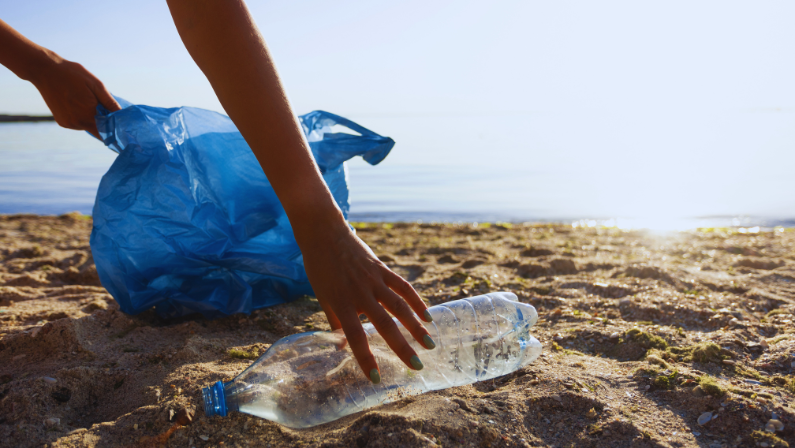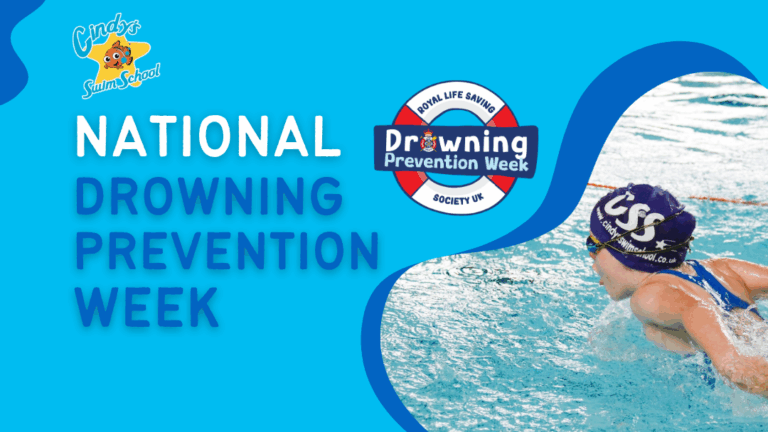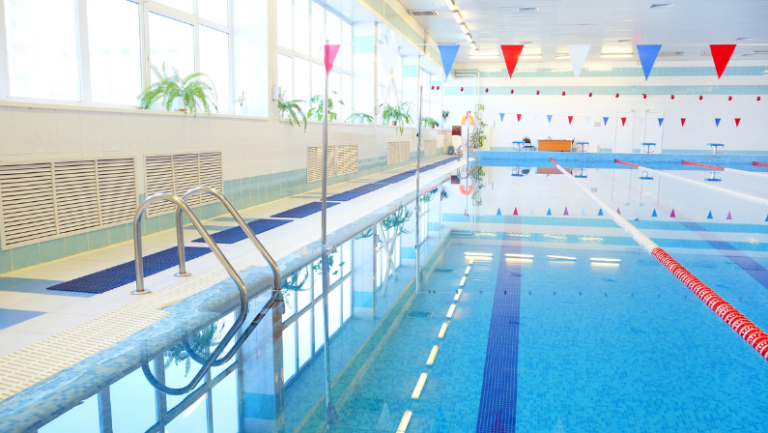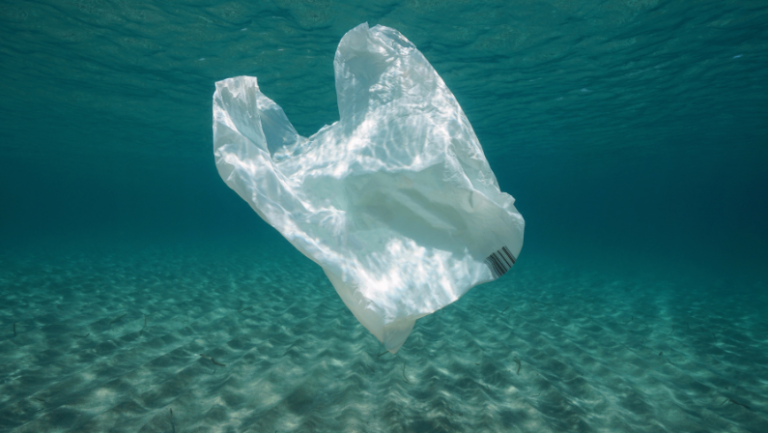At Cindy’s Swim School, we love all things swimming and water! What better way to celebrate this passion than by taking part in National Marine Week?
National Marine Week is an annual event organised by the Wildlife Trust. It celebrates the wonderful seas around the UK and all things marine.
It aims to raise awareness about the importance of marine environments and promotes actions we can take part in to protect them.
In 2025, National Marine week takes place from 26th July to 10th August. This year’s theme is showcasing our seabeds.
Here are five ways you can get involved and make a positive impact:
1. Take Part in the Source to Sea Litter Quest
You don’t have to live near the sea to help keep it clean. Wherever you are located in the UK, you can help our oceans by participating in the Source to Sea Litter Quest organised by the Marine Conservation Society.
The quest involves recording litter found in your local area. With 80% of beach litter originating inland, your efforts help track and fight litter pollution. The data collected helps track rubbish back to its source. The results are then used to find solutions to ocean pollution and to campaign for measures to bring positive change.
Download a recording form from the Marine Conservation Society, conduct a litter survey in your local park, street, or near a river and submit your findings.
2. Visit a Marine-Themed Exhibition
One of the most powerful ways to protect our oceans is by inspiring the next generation to care about them. The summer holidays are a great time to do just that and you don’t need to head to the coast to get involved.
The UK is home several fascinating museums and aquariums where children (and adults!) can learn about marine life, conservation, and the challenges our oceans face.
Sea Life Aquariums across the UK (including in London) offer an up-close look at UK marine species and feature exhibits focused on ocean conservation.
Horniman Museum in Forest Hill has a brilliant aquarium.
The Natural History Museum houses an incredible collection of ocean-related specimens, from fossils and seabed samples to preserved marine creatures. These collections help scientists study vital issues like climate change and marine pollution.
3. Try a plastic free month
Did you know that July is plastic free month? While we’re now into August, it’s never too late to take part. One of the best ways we can all help reduce water pollution in our seas and rivers is to minimise the use of plastic products.
Why not take the plastic free challenge and see if you can reduce or remove all plastics from your life for a month, helping reduce marine pollution in the process.
4. Help in a Beach or River Clean-Up
If you’re heading to the beautiful UK coastline this summer, why not participate in a beach clean-up? Check the Marine Conservation Society website to find organised beach clean-ups near your holiday destination.
Staying in London over the summer? Then check out the volunteer days on the Thames 21 website, particularly the Action for Silk Stream monthly clean-ups held on the last Thursday of each month. Under 18s must be accompanied by a parent or guardian.
You can also participate in the Million Mile Clean, which organizes clean-ups along beaches, streets, rivers, mountains, and parks.
5. Take Action Against Microplastics
Microplastics are a significant threat to marine ecosystems and human health. Microplastics, smaller than 5mm, come in two types: primary microplastics like nurdles, bio-beads, and microfibres, and secondary microplastics from broken-down larger plastics.
To help fight against microplastics you can take part in the Marine Conservation Society’s Big Microplastic Survey. This involves participating in beach surveys to collect information on this pollution in the UK.
The data collected supports scientific research, which can be used as evidence to change pollution policies and legislation.
To get involved, register, download guides, and report findings through the Big Microplastic Survey app. Learn more here.
You can make a difference!
By participating in one of these five activities, you can make a meaningful contribution to marine conservation during National Marine Week and beyond!






